Here at Best Psychology Degrees, we enjoy using infographics as an entertaining and educational tool for communicating the latest up-to-date information related to starting a career in psychology within an easy-to-read format. Below you will find the details and a link to each of our favorite psychology-related infographics that are filled with valuable information that will assist you in better understanding the mental health field. Make sure you check back often as our list of infographics will continue to grow to cover increasing trends in psychology.

Can Going Green Improve Your Mental Health?
Did you know that time spent playing among grass can help reduce symptoms for the over 4.4 million kids in the U.S. with ADHD or ADD? Well, this infographic will provide a tour of some of the greenest cities across North America where green space is creating psychological benefits in enhancing well-being.
___________________________________________________
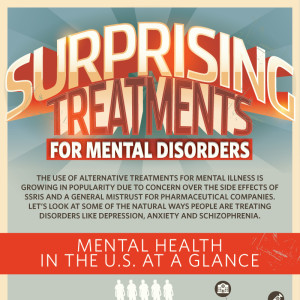
Surprising Alternative Treatments for Mental Disorders
As the nationwide concern over side effects from pharmaceuticals continues to escalate, alternative methods are becoming more popular for treating the 96 million adults in the U.S. with a diagnosed mental disorder. Check out this infographic to learn about some of the natural treatments that are growing in popularity for depression, anxiety, and personality disorders.
___________________________________________________
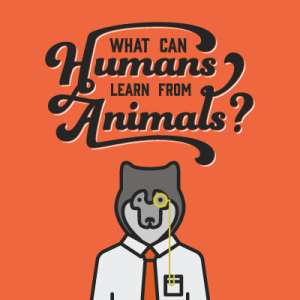
What Can Humans Learn from Animals?
If you have a pet, then you likely know that animals are capable of a far greater depth of emotion and complex thinking systems than they are given credit for. In this infographic, we have covered the most important life lessons that human beings should learn from the animal kingdom to improve our lives.
___________________________________________________
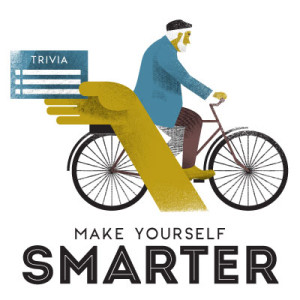
Can You Make Yourself Smarter?
Everyone wants to become smarter and increase their IQ, but how much of a difference can we really make in increasing our intelligence? Within this infographic, you will find some of the best proven strategies for strengthening your fluid intelligence through puzzles, new languages, meditation, and even power naps.
___________________________________________________

Color ROI: It’s All About Psychology
With more than 50% of consumers reporting that color is an important factor in their shopping habits, it is clear that a color scheme is one of the most important factors to consider when designing marketing campaigns. Check out this infographic to learn about color harmonies, preferences, and associations in a guide to understanding the psychology of colors.
___________________________________________________
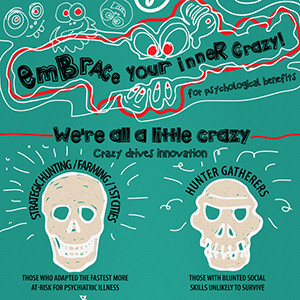
How to Embrace Your Inner Crazy for Psychological Benefits
Since we are all at least a little crazy, there are luckily safe and beneficial ways to utilize your inner crazy to mix up routines, create innovations, and become a high-achiever. If you are one that enjoys thinking outside the box and following the beat of your own drum, this infographic will detail the psychological benefits from embracing your inner crazy.
___________________________________________________

Not only do our political views affect our ability to look at evidence objectively, but new research has found that it may even impact how we solve math problems. Follow the link to this infographic to learn what the research has found about the surprising way in which we fail at math problems that contradict our political beliefs.
___________________________________________________

Did you know that the order in which you and your siblings are born has an effect on how your personalities will development into adulthood? Well, take a look at this exciting infographic that depicts what the research says about the first-born, middle child, baby, and only child.
___________________________________________________

Even before the Internet, there have always been hoaxes that we have all fallen for at one time or another. From the Loch Ness Monster and Cardiff Giant to the War of the Worlds and Hitler’s Diaries, this infographic shows some of the classic all-time hoaxes that fooled the world and the psychology behind why so many people fell for them.
___________________________________________________
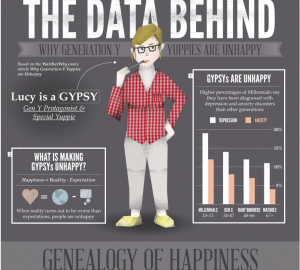
The Data Behind Why Gen-Y Yuppies Are Unhappy
Have you ever wondered why more members of Generation Y report being unhappy with their lives? With a look back through the genealogy of happiness, this infographic explores the statistics that explain why a higher percentage of Millennials have been diagnosed with depression and anxiety disorders than any other generation.
___________________________________________________

With the vast majority of U.S. households having one or more dogs, it is becoming increasingly apparent that dogs really are man’s best friends. Check out this infographic to learn about the psychology of dogs for better understanding the surprising similarities that exist between humans and their beloved companions.
___________________________________________________
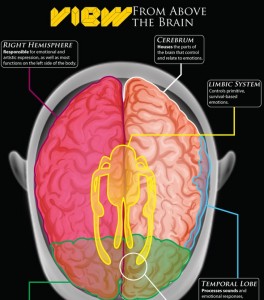
The Brain: A User’s Guide to Emotions
Around the world, neuroscientists have begun to unravel new information about the inner workings of the human brain to form a better understanding on the mysteries of emotions. Within this scientific-based inforgraphic, you will discover the fascinating insights that researchers have found on the major areas of the brain involved in processing emotions.
___________________________________________________
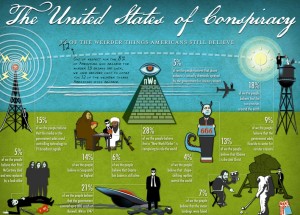
The United States of Conspiracy
Many people have beliefs that other people think are just plain weird, so why do people even form these beliefs? In this infographic, we will take a look at 12 of the weirdest beliefs that Americans have in our culture and the psychology behind what leads people to hold these beliefs with conviction.




